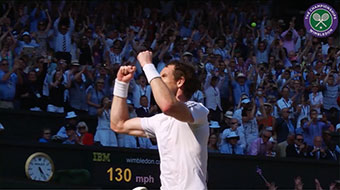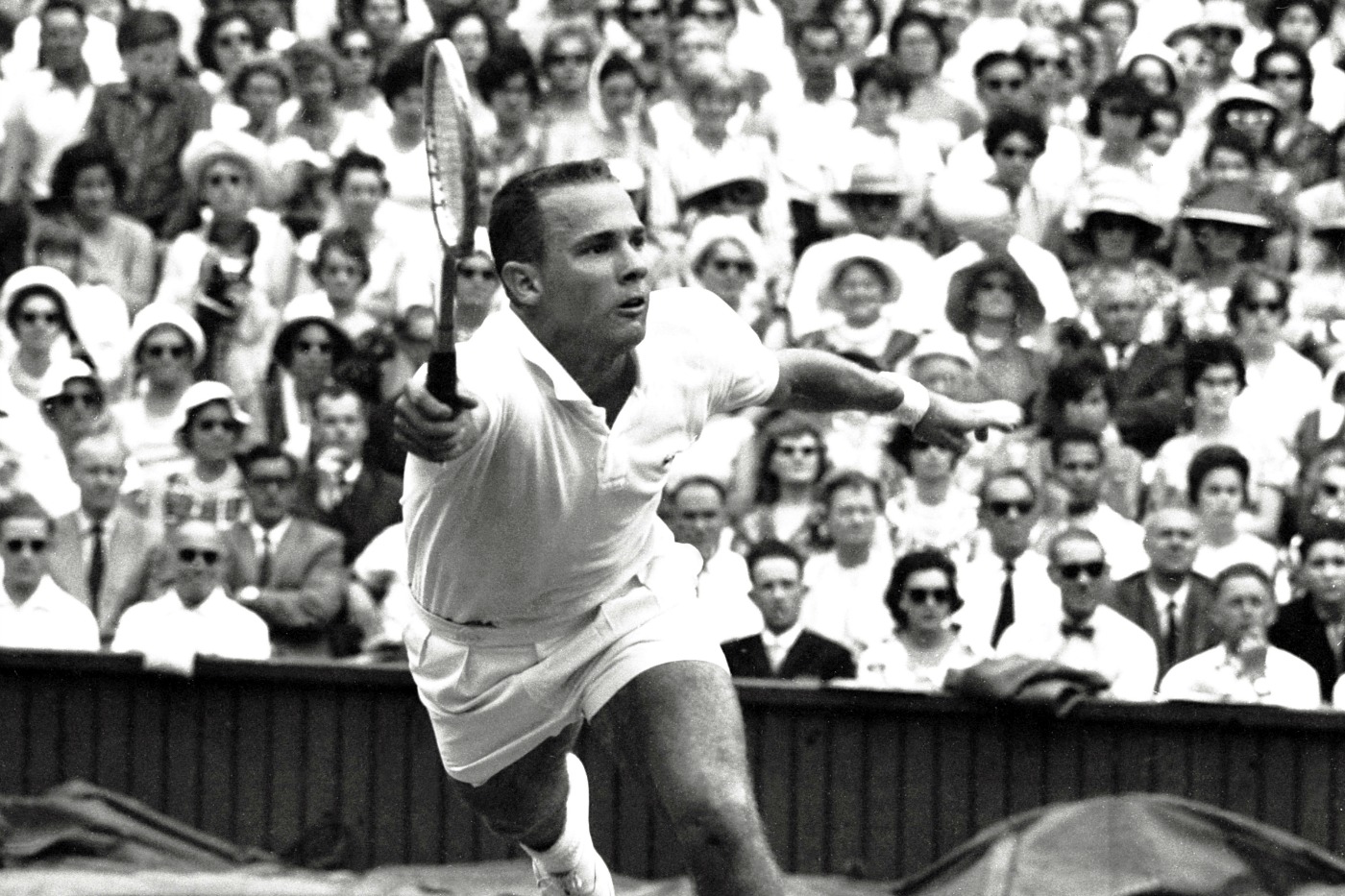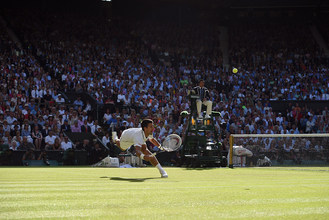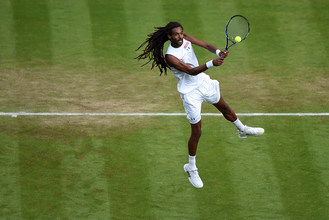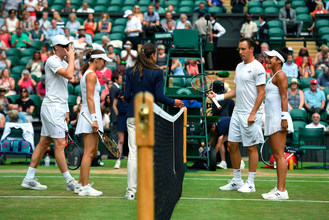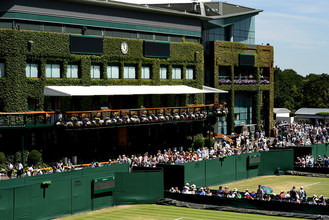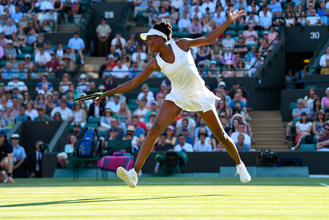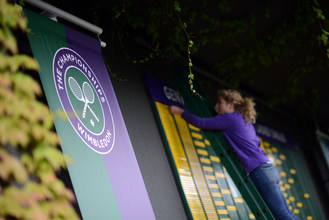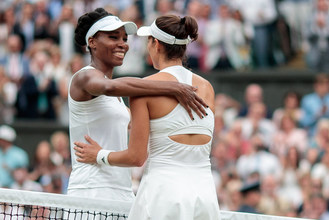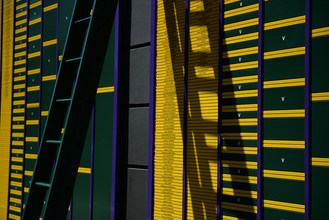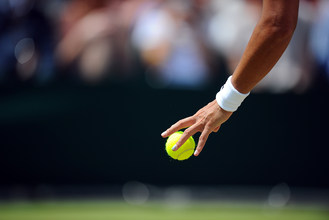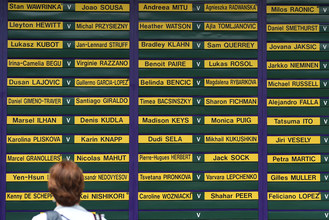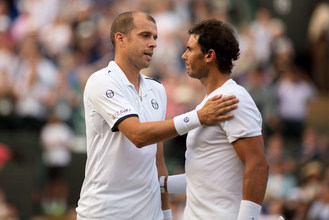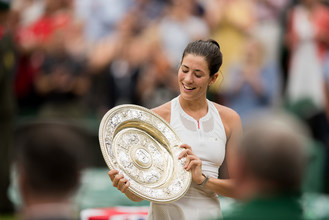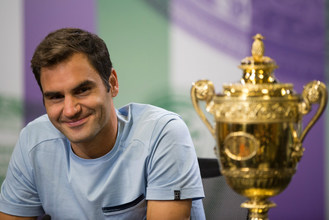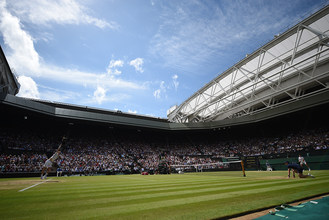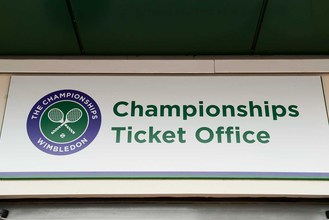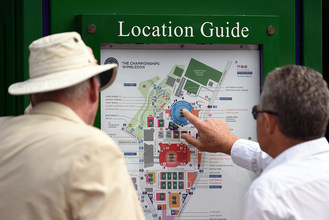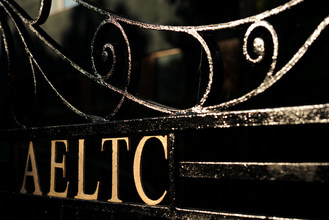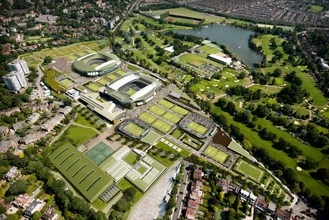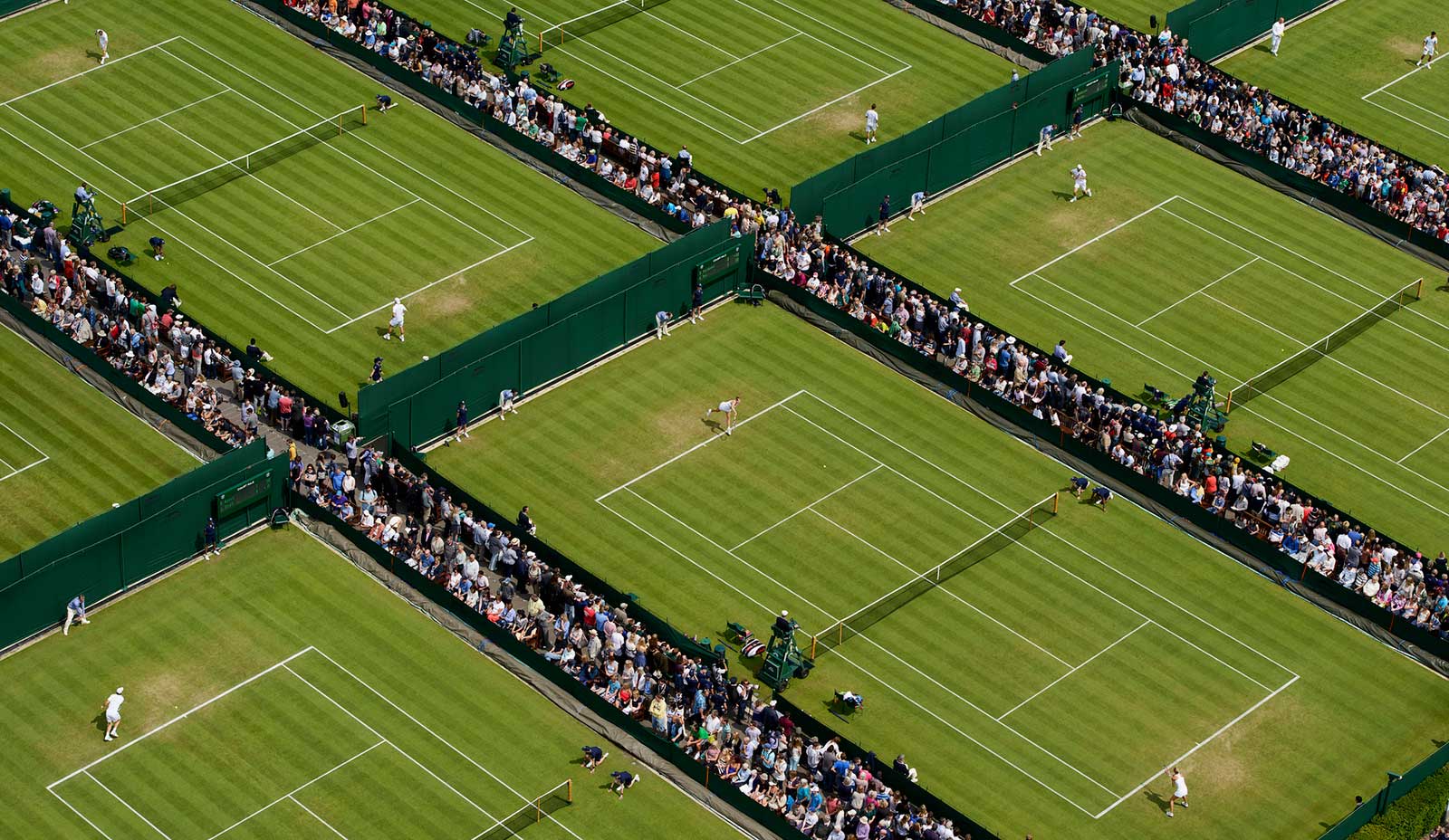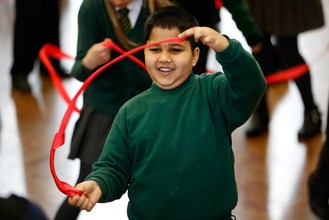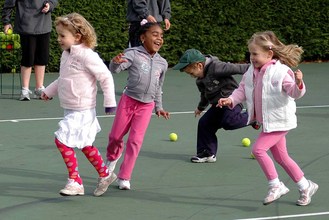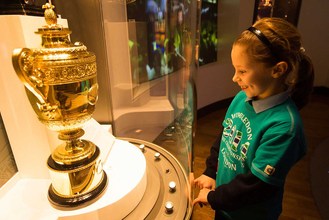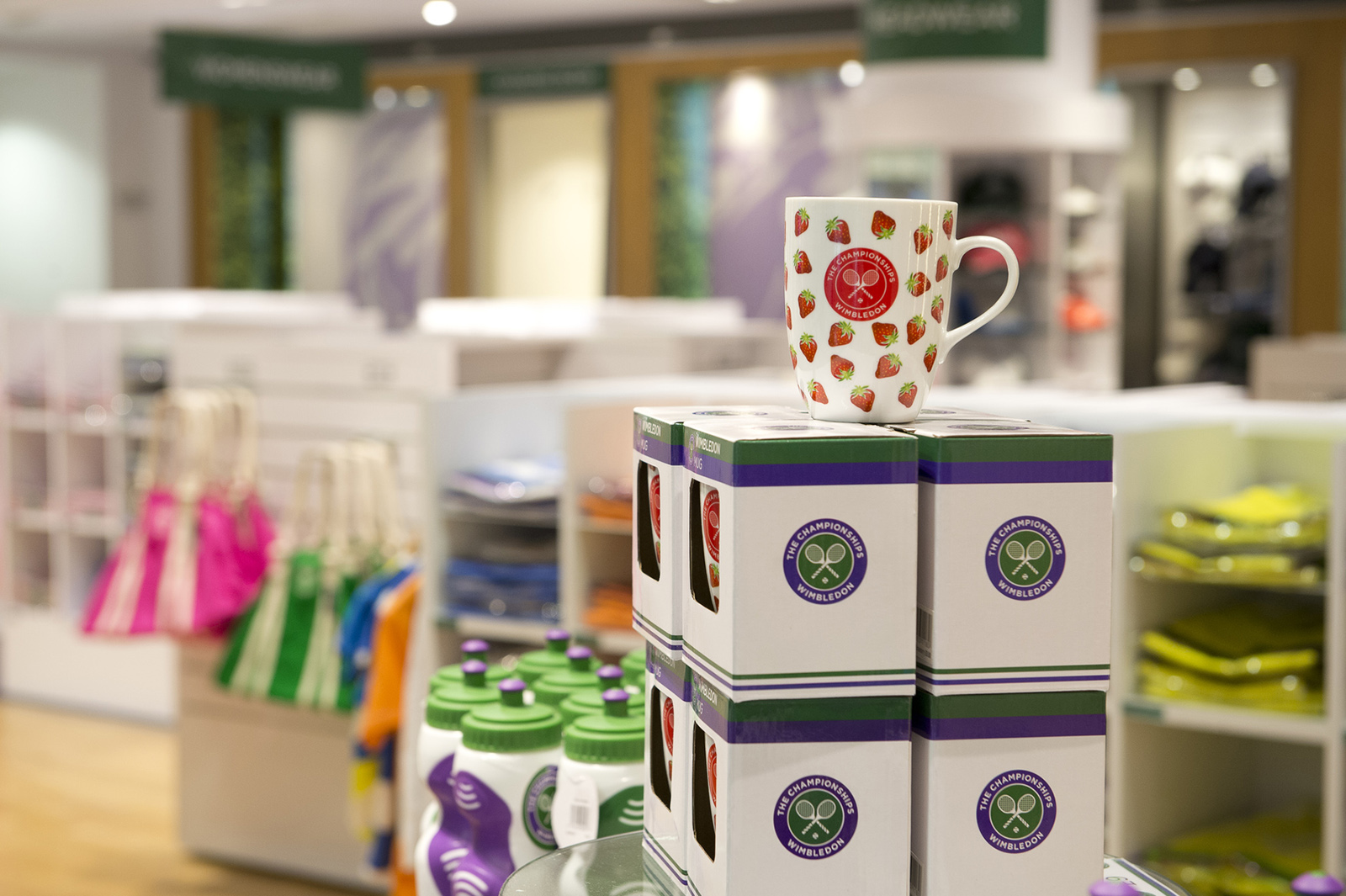Chuck McKinley’s life, just like his tennis career, was all too short. The 1963 Wimbledon champion, who retired at the age of 24 to pursue a career in business, died 30 years ago this week, little more than a year after being diagnosed with a brain tumour. He was just 45.
Few people could entertain on a grass court quite like the ebullient American. An all-action player who loved to attack, McKinley threw himself to all corners of the court, dived to hit volleys that were seemingly beyond his reach and chased down his opponents’ shots as if his life depended on it. No wonder that crowds around the world loved him or that he recognised a kindred spirit when 17-year-old Becker won the Gentlemen’s Singles title at The Championships in similar fashion, 22 years after his own triumph.
Although he was one of the last amateur champions, McKinley’s background was by no means privileged. Born in Dallas, Texas, he grew up in a blue-collar environment in St Louis, where he excelled at tennis, table tennis, baseball and basketball. He learned to play tennis at St Louis YMCA, a teacher having encouraged him to take up the sport after recognising his talent on the table tennis table. Although only 5ft 9in tall, he was a fine all-round athlete who was quick, strong and with apparently bottomless reserves of energy.
McKinley’s obituary in “The New York Times” quoted his former Davis Cup captain, Robert Kelleher, who described him as “the toughest little guy with the sweetest nature I’ve ever known”. A gentle character off the court, he was a ferocious competitor on it. With powerful ground strokes and a venomous kick serve, he loved to charge into the net, where he would fling himself to right and left to hit winning volleys. Given his height, opponents often tried to lob him, but his smashes were one of the best parts of his game.
In 1960 McKinley went to Trinity University in San Antonio, from where he eventually graduated with a mathematics degree. He made his debut at The Championships that summer, when he lost in the second round to Pierre Darmon. Twelve months later he beat Britain’s Bobby Wilson and Mike Sangster en route to the final, in which he was crushed 3-6, 1-6, 4-6 by Rod Laver in just 55 minutes. In 1962, when seeded No.5, he suffered a surprising second-round defeat in straight sets to Britain’s Michael Hann.
In 1963, however, McKinley proved unstoppable as he won the All England Club title in hugely impressive fashion. Cliff Drysdale and Arthur Ashe were among his early victims and he beat Wilson in the quarter-finals for the second time in three years. A 6-2, 6-4, 8-6 victory over Wilhelm Bungert put McKinley through to the final, in which he beat Australia’s Fred Stolle 9-7, 6-1, 6-4. He is one of only four men – alongside Don Budge (1938), Tony Trabert (1955) and Bjorn Borg (1976) - who have won the gentlemen’s singles title at the All England Club without dropping a set.
Although McKinley returned to defend his title the following year, he found progress much more difficult. Thomaz Koch took him to five sets in the second round, while Torben Ullrich, Billy Knight and Abe Segal each took a set off the American before he met Stolle in the semi-finals. McKinley won the first set, but the Australian recovered to win 4-6, 10-8, 9-7, 6-4. Stolle reached three successive finals but lost all of them, to McKinley in 1963 and to Roy Emerson in 1964 and 1965.
That was McKinley’s last match at The Championships. He never played at the Australian or French Opens but made 11 appearances in singles at his home Grand Slam event, where he reached the semi-finals three times. He won three doubles titles in New York, partnering Dennis Ralston to victory in 1961, 1963 and 1964.

